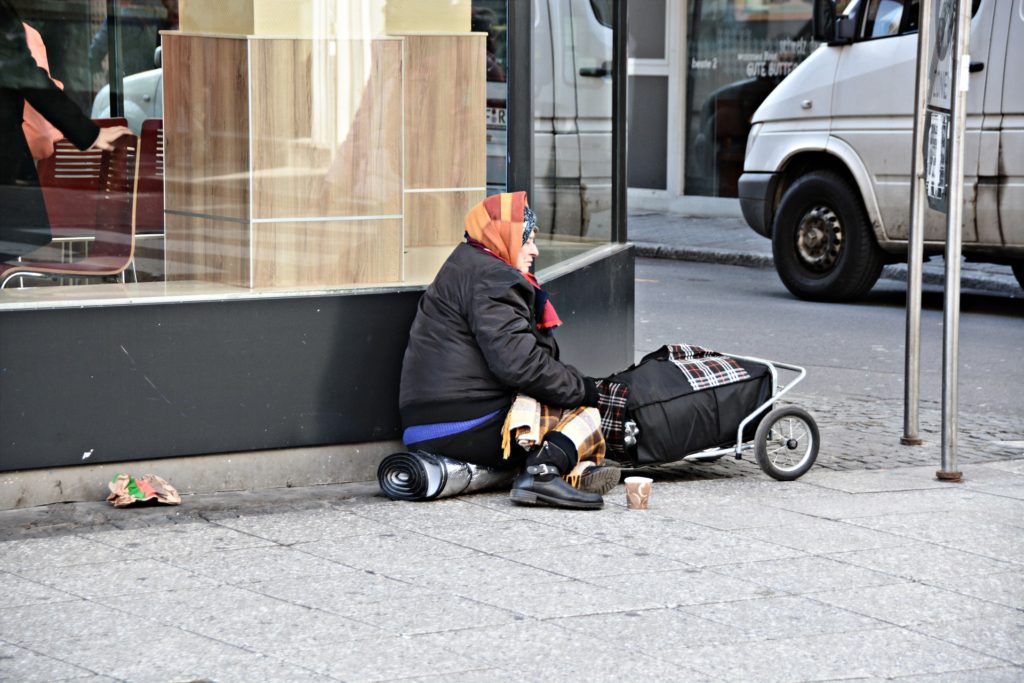Over a billion people around the world could live in poverty by 2030 as a result of the coronavirus pandemic, a new United Nations study suggest.
“Severe long-term effects of the Covid-19 pandemic could push an additional 207 million people into extreme poverty,” the United Nations Development Programme (UNDP) wrote in a press release.
That would be what the UN calls a “high damage” scenario, which “anticipates that 80 percent of the Covid-induced economic crisis would persist in 10 years’ time due to loss in productivity, preventing a full recovery to the growth trajectory seen before the pandemic.”
Meanwhile, a baseline scenario, taking into account “current mortality rates and the most recent growth projections by the International Monetary Fund (IMF)” would see an additional 44 million people in extreme poverty, rather than 207 million.
Related News
- Nearly 4 in 10 Brussels inhabitants are at risk of poverty or social exclusion
- Pandemic: 25 years of progress lost as women take on most of the work
Investment in social programmes, governance, digitalisation and green economy could help, however, according to UNDP, as it could “lift an additional 146 million people out of extreme poverty, narrow the gender poverty gap, and reduce the female poverty headcount by 74 million, even taking into account the current impacts of the Covid-19 pandemic.”
The pandemic is “a tipping point, and the choices leaders take now could take the world in very different directions,” said UNDP Administrator Achim Steiner.
“We have an opportunity to invest in a decade of action that not only helps people to recover from Covid-19, but that re-sets the development path of people and planet towards a more fair, resilient and green future,” he added.
Jason Spinks
The Brussels Times

